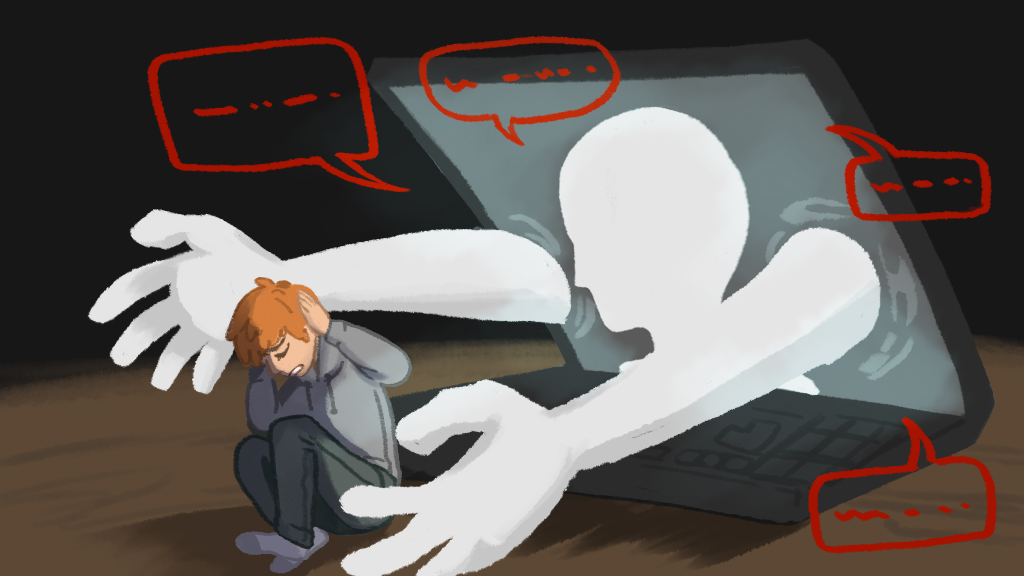The Evolution of Online Behavior
by Dev Sheth | published Dec. 1st, 2014
We live in a world driven by instant access; to say that internet connectivity is a key part of human existence today would not be an overstatement. While it is not necessary to sustain life in the way water, air or food are, in the information age, it is not surprising that a lack of access to information can lead to an obvious and considerable drop in the quality of life.
While email was an influential factor in bringing in the first large-scale consumer base to the internet, the true definition of connection was the emergence of social networks. MySpace, the first truly global network, showed us what the phrase "global network" meant. Facebook changed the game in 2004: for the first time, people could see the changes they could make by coming together and making their voices heard. As people started exploring new cultures from afar, comforted by the shared aspects and intrigued by the differences, an acceptance began to grow of the world's collection of microcosms, each of which represents a different segment of society. However, the darker side of the human psyche was also brought into sharper focus.·
People with disrespect for other cultures is a natural, if unfortunate, part of society, but with a platform to spew their hatred, the issue expanded into another dimension. Facebook witnessed vitriolic hate toward certain groups from various parts of society. The primary enabler was the anonymity provided by the internet. Being able to make a difference from your small room in a tiny corner of the world is a privilege no previous generation had, but it also allows people to hide behind screens and spread hate.
The convergence of people with shared interests supporting each other was always in the cards. In fact, it was built into the idea of social networks. The banding together of fans of Justin Bieber, Lady Gaga, One Direction and more during the surge in Twitter’s user base was evidence of what a social network could really do. Soon it evolved into an online battle, a race for numbers that continues even today on a fiercer scale across more platforms. The divide was obvious: “With us or against us.”
Even now, the pack mentality is visible online. There is an incredible power in being backed by millions and in being able to criticize someone without the fear of either the consequences or of your opinion being invalidated. It is a sad prospect, however, when considering the effect it has on victims of online bullying. The troublesome part is that the bullies in this case might not even be aware of the potential damage their actions can do, that what they may perceive as a rightful defense of something might cross the line into something abusive and hurtful.
It is critically important now, when social media has resulted in revolutions like the Arab Spring as well as the suicides of countless victims of online abuse, to educate the next generation about the importance of exercising restraint, of being open to criticism and of having the patience to make your case without being disrespectful. To be truly an open, connected society, we need to make sure that we embrace our differences, not just in our origins, but our opinions as well.



